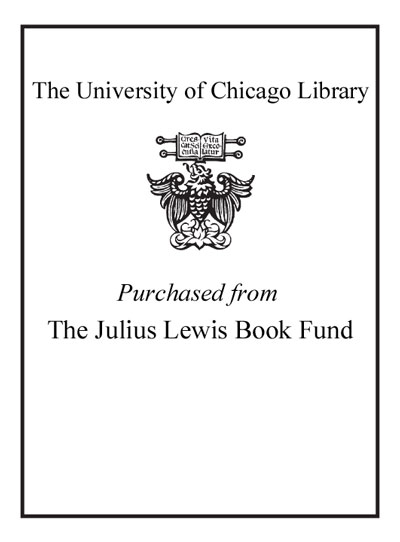| Summary: | London, a fascinating metropolis not just in terms of its history and landmark buildings, is also a city that grew out of villages. Its unique geography is expressed in a mosaic of districts, each with its own distinctive character and pedigree. London's districts, with their patchwork layout of primarily Georgian and Victorian squares and terraces juxtaposed with modern buildings and estates, reflect changing ideals in architecture, urban design and planning as well as shifting values in real estate and the insatiable thirst of its consumers. London is thus both text and context: fossilized social history, layerings of economic, social, and architectural history conveyed in stock brick, stucco, Portland stone, glass and steel. Underpinning this urban landscape is an evolutionary resilience that has maintained the basic spatial framework of the metropolis and sustained its imitable character. The city's institutional framework has been severely ruptured and reinvented time and time again after fires, bombs, floods or wholesale redevelopment. Political unrest and racial conflict have resulted in riots, while successive rounds of investment and disinvestment have replaced elements of the built environment many times over. This book offers an insightful perspective into the distinctiveness of London as expressed through its socially significant buildings and districts. --Provided by publisher.
|
|---|

